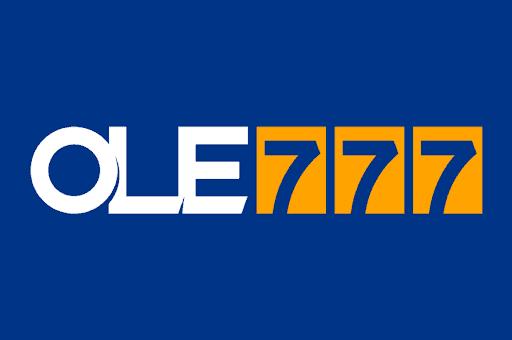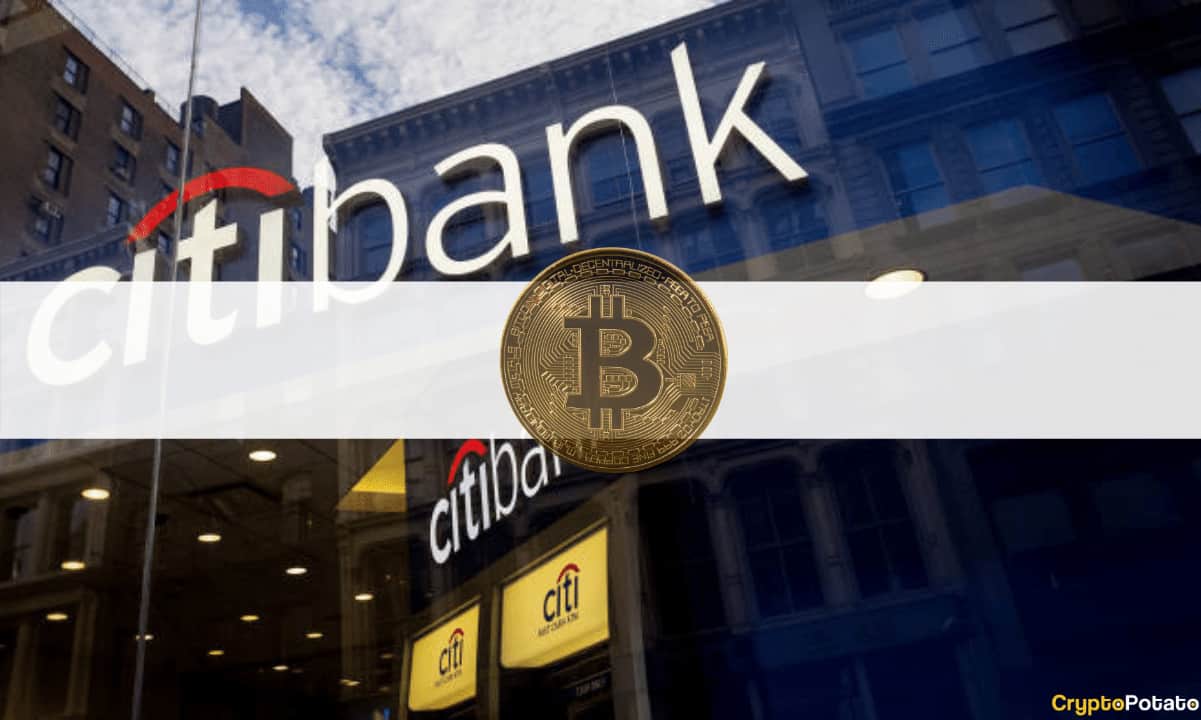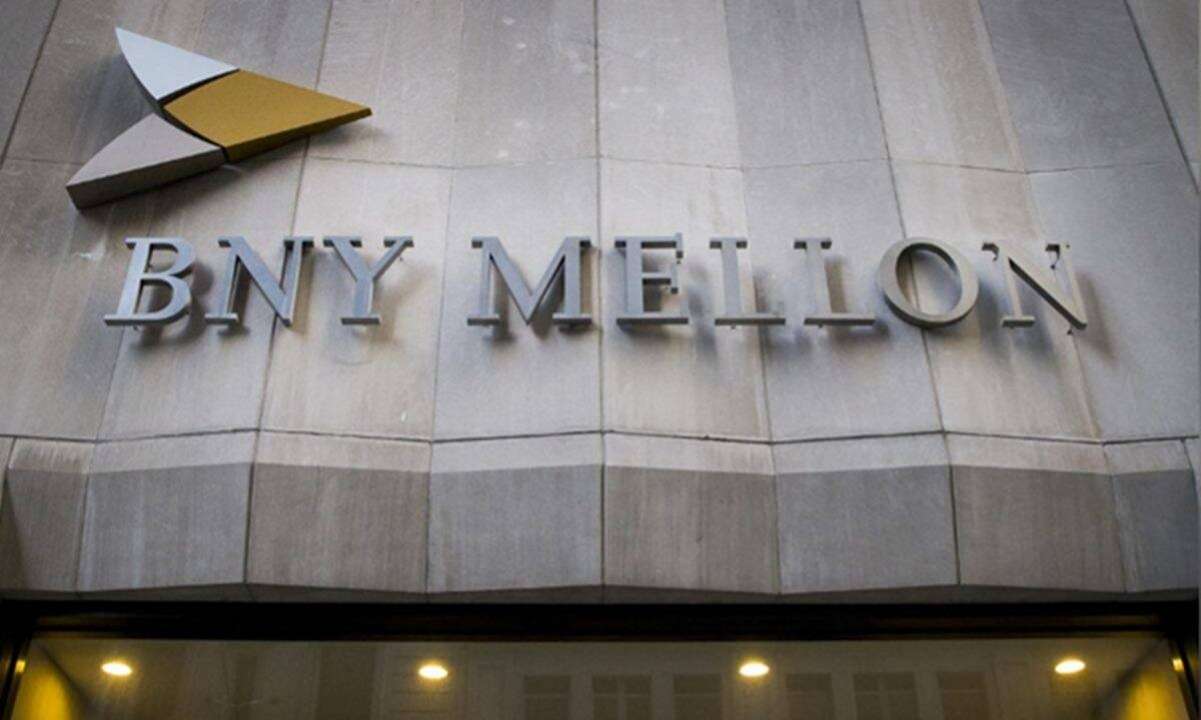Uniswap Faces Lawsuits for Unregistered Offer and Sale of Digital Tokens
Nessa Risley, an Uniswap user from North Carolina, invested about $10,400 on low-cap digital tokens such as EthereumMax, Matrix Samurai, and Rocket Bunny between May and July of last year. The trader has since experienced “substantial losses” and thus sought justice through legal action.
On April 4, Risley launched the legal proceedings, alleging that Uniswap has failed to conduct identity checks and impose securities restrictions on “fraudsters” who use the platform to list scam-like digital tokens for conducting rampant fraud.
Uniswap Accused of Selling Unregistered Securities
Two US law firms have filed a lawsuit against Uniswap, suing the decentralized exchange and its backers, including famed VC firms like A16z and Paradigm, for “violating the securities laws by offering and selling securities in the form of digital tokens.”
The lawsuit filed by Kim & Serritella LLP and Barton LLP aims to invite victims like Risley, who have lost money since last April on Uniswap, to join a class action against the founders and developers of the platform. It claimed that Uniswap has failed to disclose “registration statements,” including information regarding the risk of the associated investments for the securities they were selling to the users.
In addition, the class action states that Uniswap Labs has allowed unlawful activities like “pump and dump” and “rug pulls” to occur on its platform. One of the main accusations targets the DEX’s fee structure, which, according to the statement, encourages fraud by paying liquidity providers a portion of the fee for each trade.
Meanwhile, Uniswap collects fees for developers, with the ability to keep a portion of those fees for itself. The conflicting interest involved potentially put Uniswap as a silent facilitator of scams.
SEC Eyeing on Uniswap
The lawsuit above is not the first to challenge the decentralized principle of DeFi protocols. In January, a gamified crypto savings protocol, PoolTogether, was legally challenged by a software engineer named Joseph Kent, who claimed the protocol’s practice is essentially a form of lottery prohibited under New York law.
Last September, the SEC opened an investigation against Uniswap Labs, as the top US securities watchdog was trying to determine how customers were utilizing the exchange, how it was marketed, and how it operated in general. Previously, the SEC’s chairman Gary Gensler outlined concerns over DeFi protocols which, he believed, could be classified as the types of entities the Commission oversees.









